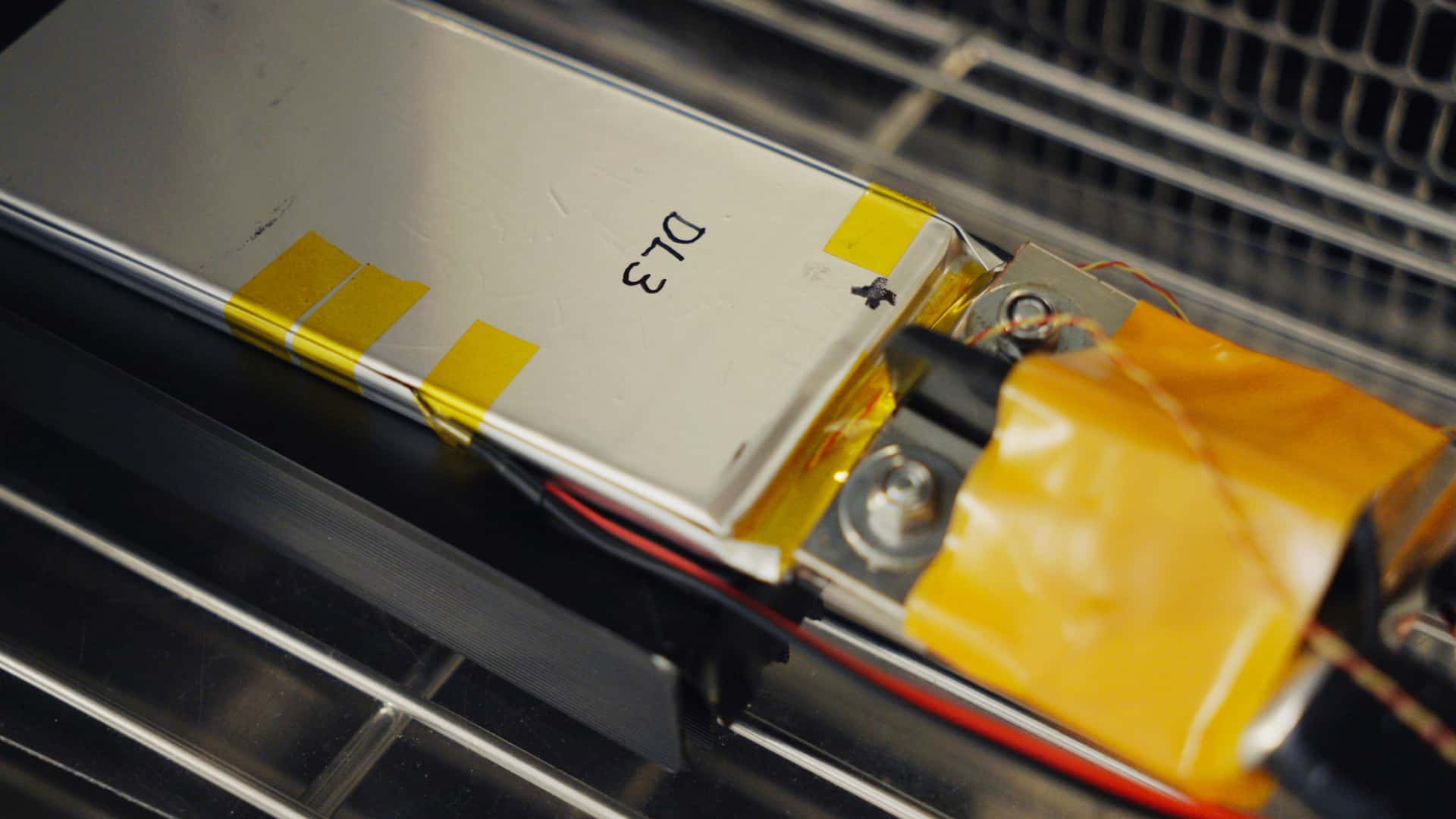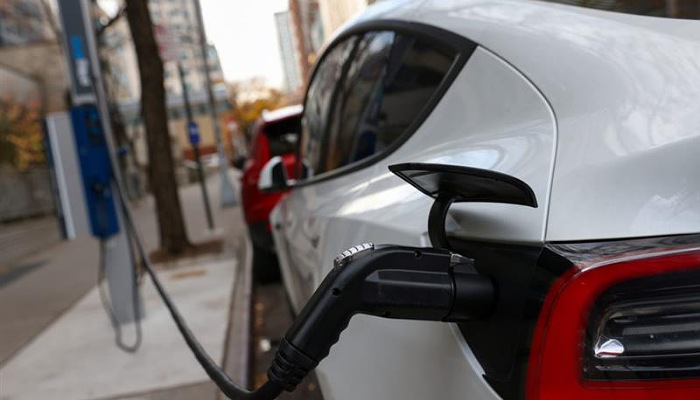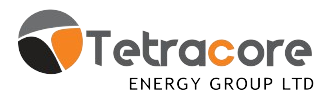
Technology Minerals announces its biggest ever battery recycling deal
Technology Minerals PLC (LSE:TM1) has secured its biggest commercial deal to date through its battery recycling arm Recyclus, which has signed a one-year contract with a global industrial group to process lithium-ion batteries.
The agreement will see end-of-life batteries sent to Recyclus’s plant in Wolverhampton, where they will be broken down and recycled.
The company will generate income through gate fees charged for accepting the material, as well as from selling the recovered materials, including so-called “black mass”, a substance containing key metals such as lithium, cobalt and nickel that can be reused in battery manufacturing.
The deal has the potential to generate up to £2 million, while CEO Alex Stanbury described the unnamed customer as a ‘global major’ in the industrial sector.
Recyclus, 48.35% owned by London-listed Technology Minerals, has landed a series of new contracts reflecting the growing demand for industrial-scale solutions to battery waste.
The company aims to position itself as a key player in the battery recycling sector as the use of electric vehicles and consumer electronics continues to rise.
CEO Stanbury, who is also a director of Recyclus, said:
This is our largest contract win to date and further highlights the strong momentum and commercial traction achieved in recent months.
“Following a steady stream of agreements for Recyclus, this contract illustrates the confidence leading manufacturers place in our solutions, reinforcing our position as a recycler of choice and ability to meet increasing demand as the world continues to move towards electrification.”
At midnight on Tuesday, US Customs began collecting tariffs on imports from 86 countries – and with it, the American tech sector entered what Wedbush has called a “Category 5 storm”.
The tech-focused bank, in a sweeping new note, likens the scale of disruption to the infamous Smoot-Hawley tariffs of 1930, which helped deepen the Great Depression.
President Donald Trump’s decision to impose duties of up to 104% on Chinese imports has scrambled global supply chains and sent investors fleeing.
According to Wedbush’s analysts, the result has been “enterprise demand destruction out of the gates” as corporate technology budgets are thrown into chaos.
Capex frozen
Capital expenditure is being frozen, large projects delayed, and questions are mounting over whether hardware ordered last month now costs double if it’s stuck on a ship from Shenzhen.
But the most acute problem isn’t about price; it’s about availability. As Wedbush points out, the US simply lacks the industrial infrastructure to fill the gap.
The note reads,
A US tech company CEO cannot decide last night. Let’s call Smith Semi Fab Operations in the Midwest to get those semi chips,
“It does not exist.”
American tech manufacturing, hollowed out over decades, cannot be rebuilt overnight; not without a skilled labour force or years of capital investment, the research concludes.
Silicon Valley in the front line
That puts many of Silicon Valley’s leading names on the frontline. Products assembled in Asia, from smartphones to servers, are about to become more expensive, and the burden, Wedbush argues, will fall squarely on American companies and consumers.
The points out,
It’s not a debate,
“US consumers are the ones paying the tariff tax.”
With so much uncertainty, Wedbush says it expects most tech firms to withhold formal financial guidance in the coming weeks. Apple and Nvidia, two of the sector’s heaviest hitters, are unlikely to provide detailed outlooks on their next round of earnings calls.
Instead, investors will be left to work off best guesses as the market attempts to digest a sudden, severe structural shock.
That doesn’t mean it’s all doom and gloom. Wedbush maintains ‘outperform’ ratings on both Apple Inc (NASDAQ:AAPL, ETR:APC) and Nvidia Corp (NASDAQ:NVDA, ETR:NVD), stressing that their long-term growth stories remain intact.
Nvidia, in particular, continues to lead in artificial intelligence hardware – a position the firm believes is secure, even amid near-term volatility.
But in the short term, the report urges investors to effectively “toss out” the next two quarters.
2026 a key year
With the June and September earnings periods set to be distorted by price shocks, logistical confusion and policy noise, Wedbush is shifting its focus to modelling scenarios for 2026.
That year, it says, will provide a more meaningful basis for valuation once the dust settles and tariff impacts are priced in.
In the meantime, the firm is advising clients to approach the market using a worst, base and best-case framework.
That includes tracking the extent of margin compression, evaluating where supply chain substitution is feasible, and identifying which companies may actually benefit from shifting demand – or simply from a wave of panic-driven selling that has left quality names deeply oversold.
The firm isn’t blind to the fear sweeping through trading desks. “Today will be another scary, volatile day for investors,” the analysts write, noting that volatility is now “one of the highest I have seen in 25 years” of covering the sector. That includes the dotcom crash, the 2008 financial crisis and the COVID-19 pandemic.
Still, history offers some comfort. Those previous storms eventually passed and left buying opportunities in their wake. This one, they believe, will be no different.
READ the latest Batteries News shaping the battery market
Technology Minerals announces its biggest ever battery recycling deal, source










